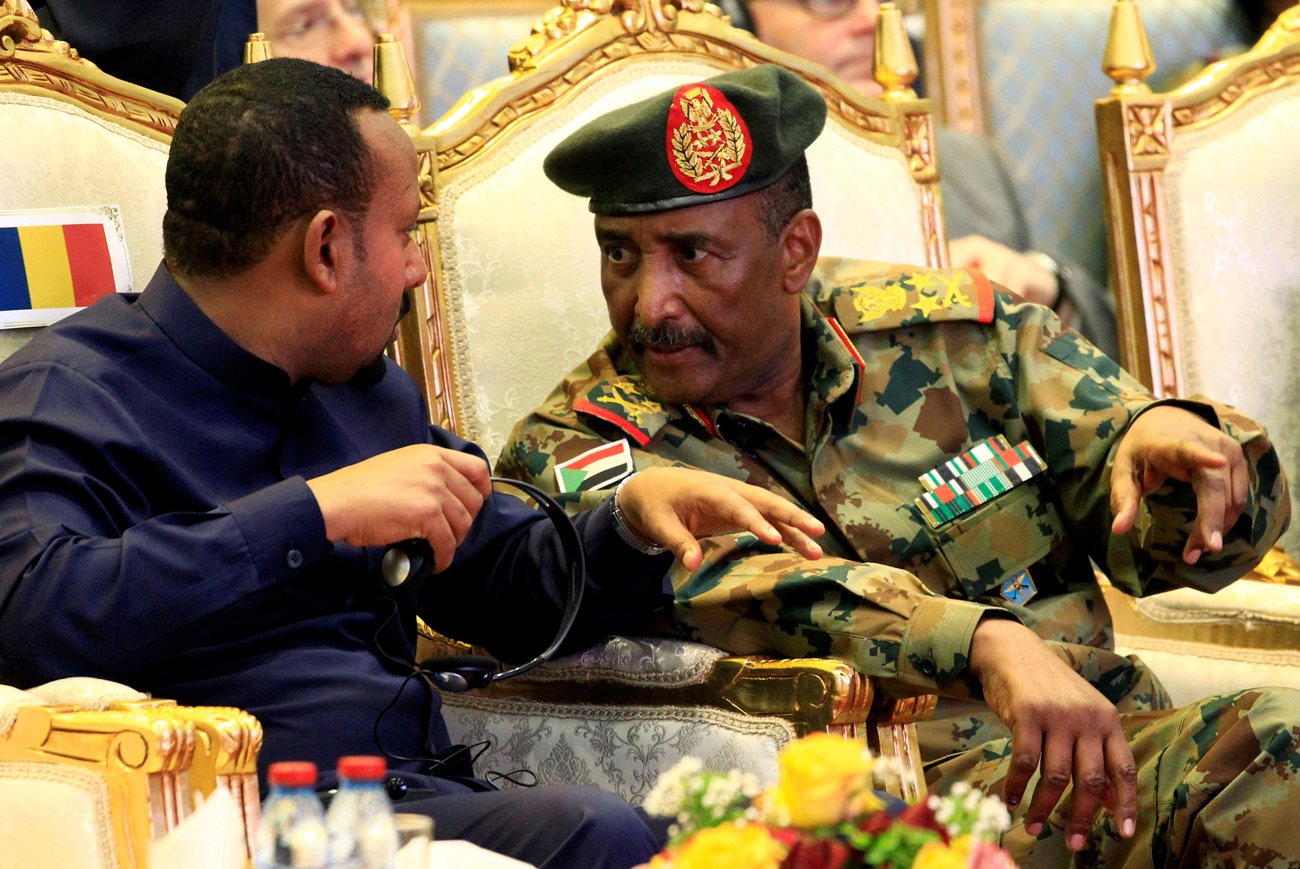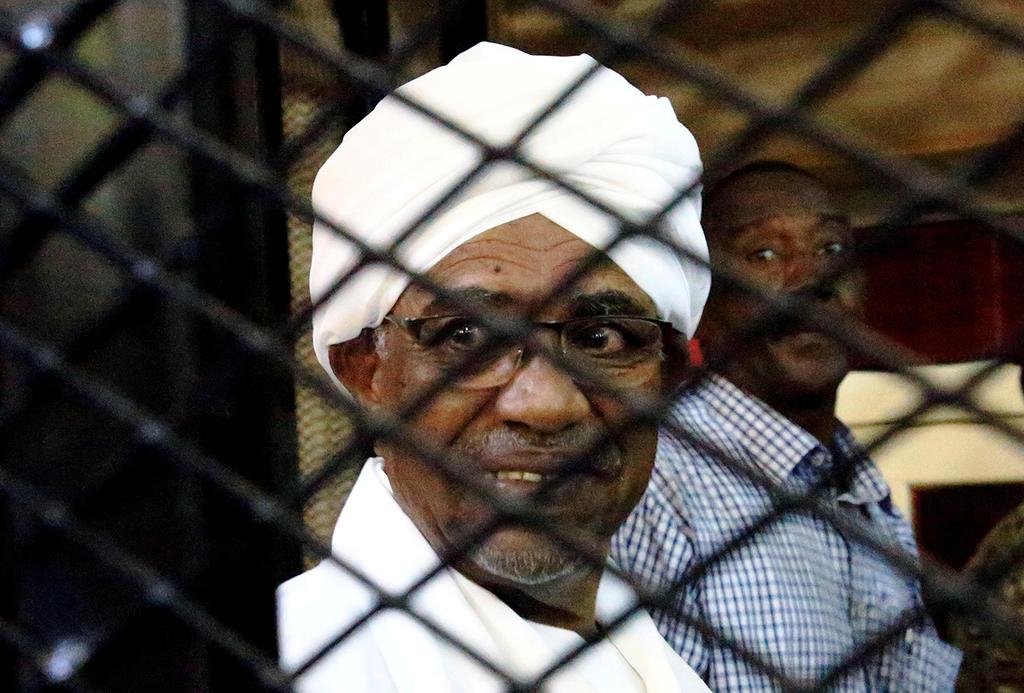Breaking the silence on a meeting held on Monday with Prime Minister Benjamin Netanyahu in Uganda, Sovereignty Council of Sudan Chairman Abdel Fattah al-Burhan on Tuesday confirmed the meeting with the Israeli premier and said it was aimed at protecting Sudan's national security.
"I took this step as part of my responsibility... to protect the national security of Sudan and achieve the supreme interests of the Sudanese people," Burhan said in a statement after briefing Sudan's ruling body about his meeting in Uganda on Monday.
In what was his first official confirmation of the event, which was widely covered by Israeli media but saw Sudanese outlets stay quiet, Abdel Fattah al-Burhan said nothing had changed in Khartoum's position towards the Palestinian issue and the right of Palestinians to set up an independent state "remained and will remain firm."
The Palestinian factions responded to the news with anger, with Palestinian Authority President Mahmoud Abbas accusing Sudan of "stabbing the Palestinians in the back."
Al-Burhan also said the responsibility of discussing Sudanese-Israeli relations and developing them is the responsibility of concerned authorities, in an apparent reference to the cabinet.
After the meeting, Netanyahu announced that Israel and Sudan have agreed to start the groundwork to set the stage for the normalization of ties.
Sudan's media have been quiet on the matter, and Sudan's ministerial cabinet said that it had been unaware of the meeting.
This seemingly hinted at a rift on the matter between the civilian and the military components of Sudan's transitional government, with the former being kept in the dark regarding al-Burhan's plans.
Sudan has been run by a transitional government comprised of military and civilian officials, since the ousting of Sudanese President Omar al-Bashir, who ruled the country for three decades, in the wake of massive popular unrest.
Despite the relative silence of the media in the African country, Sudanese critics denounced the meeting on social media, accusing Burhan of trying to get on the U.S. administration's good side through Israel. Others applauded the meeting, arguing it was good for Sudan's future.
"Our interest is above everything and Sudan first," tweeted Mubarak Ardol, former spokesman of a rebel faction of Sudan People's Liberation Movement-North that was part of the pro-democracy movement that led to al-Bashir's ousting.
Prominent activist Amjed Farid said Burhan had no mandate from the people of Sudan to offer Netanyahu a "promise of that" which is not his to give.
A senior Sudanese military official said the meeting was orchestrated by the United Arab Emirates and aimed at helping remove Sudan's terror listing, which dates back to the 1990s, when Sudan briefly hosted Osama bin Laden and other wanted militants.
The official, speaking on condition of anonymity because he was not authorized to talk to the media, said Burhan agreed to meet Netanyahu because officials thought it would help "accelerate" the process of being removed from the terror list. He said only "small circle" of top officials in Sudan, as well as Saudi Arabia and Egypt, knew about the meeting.



